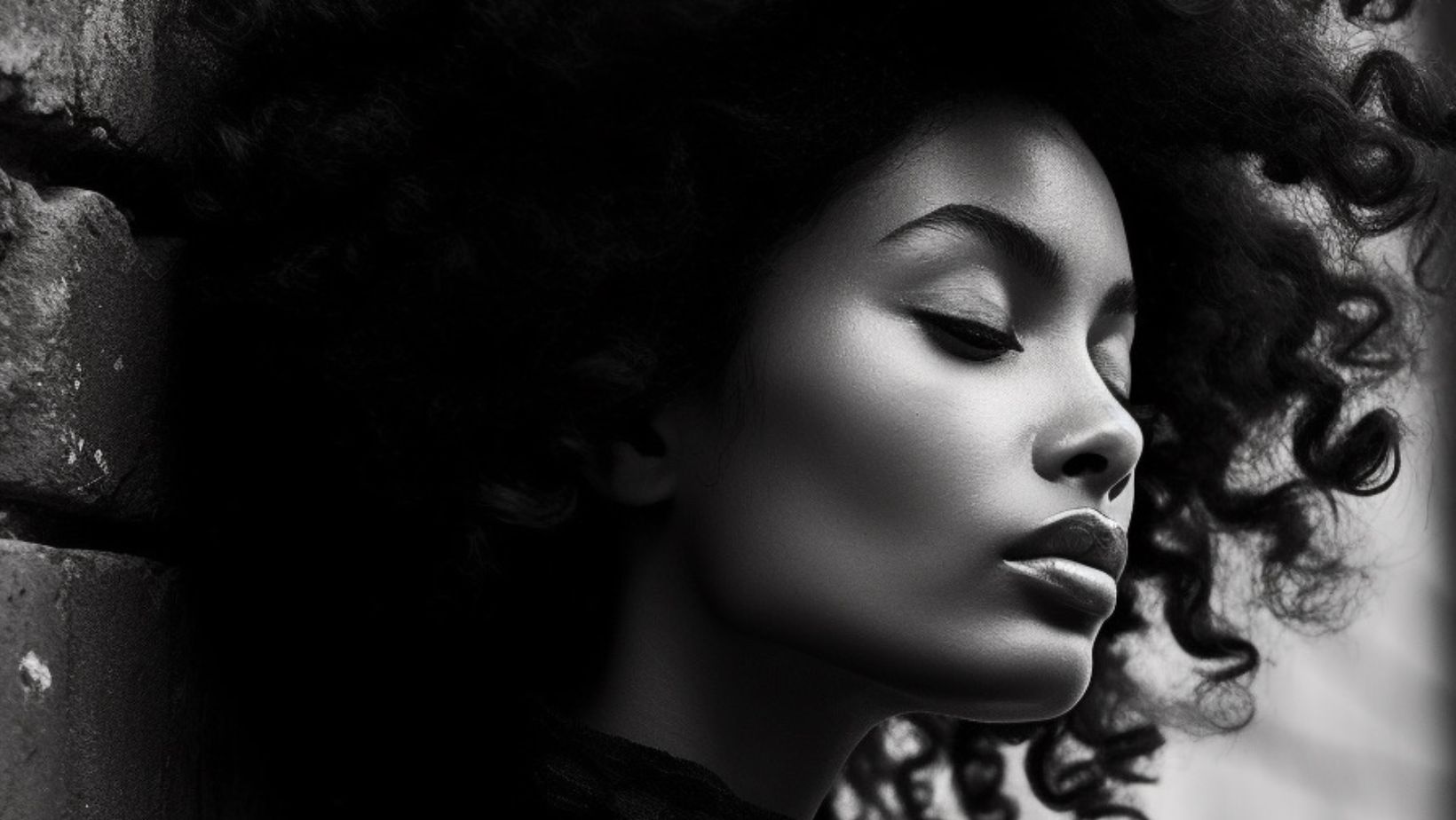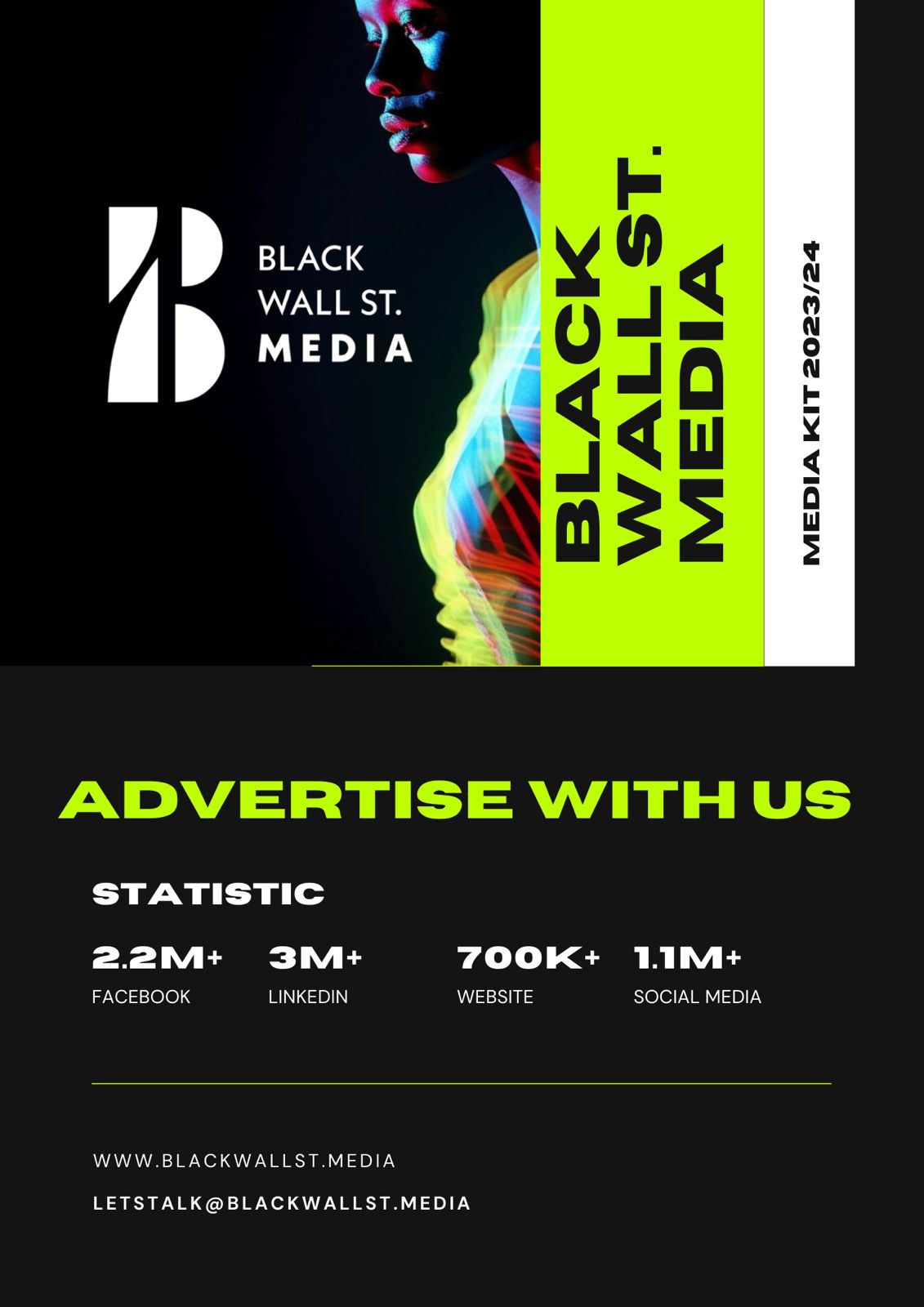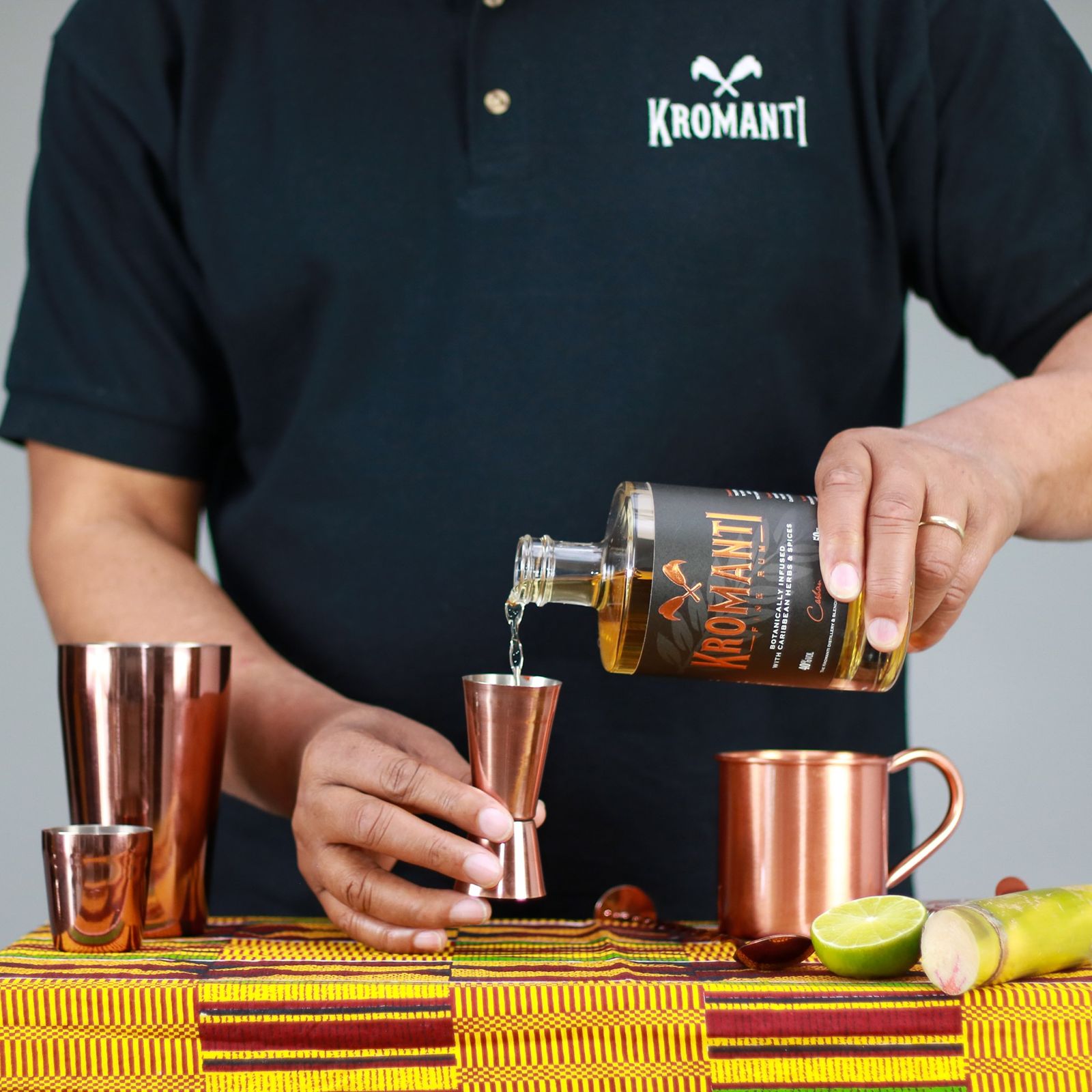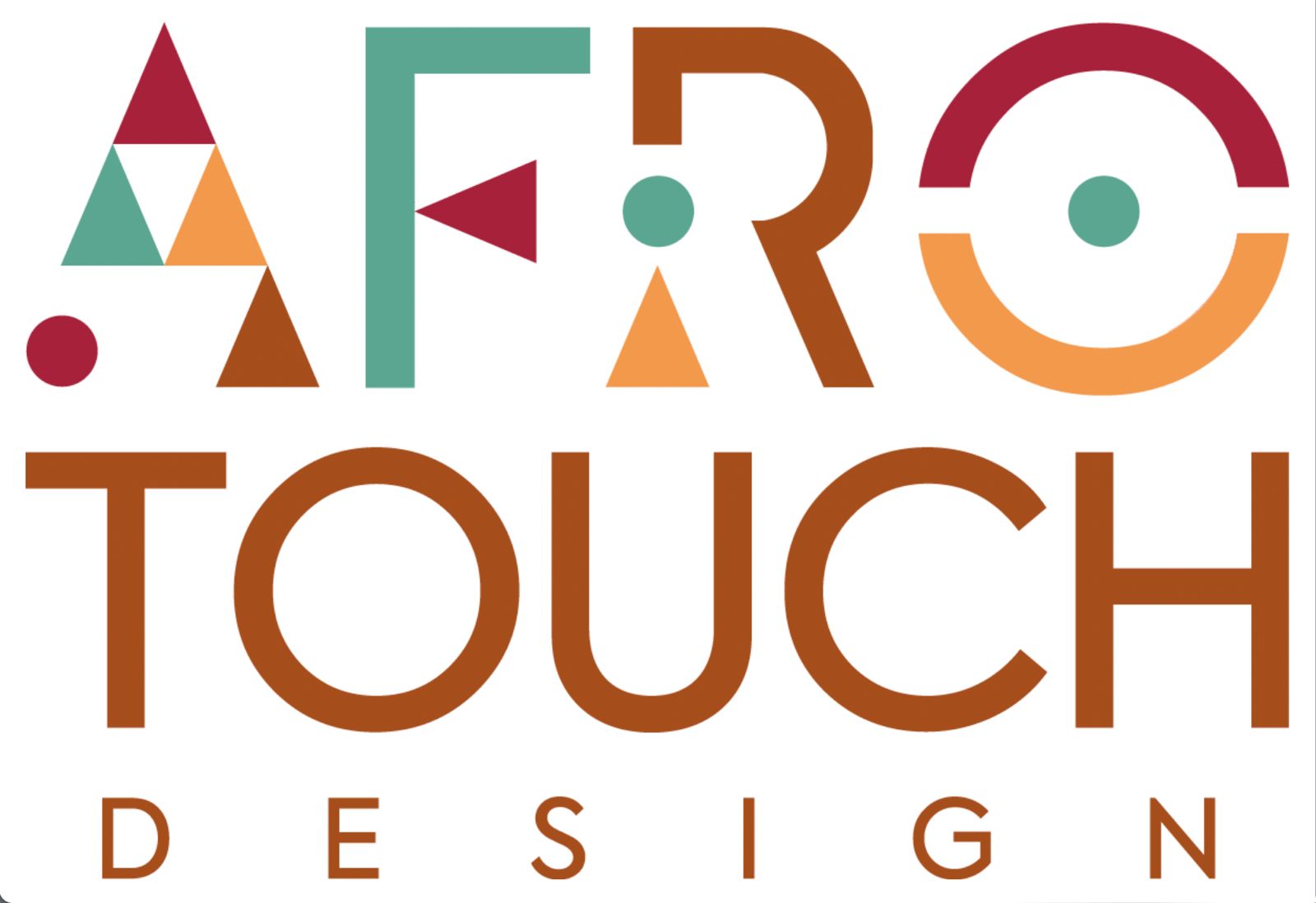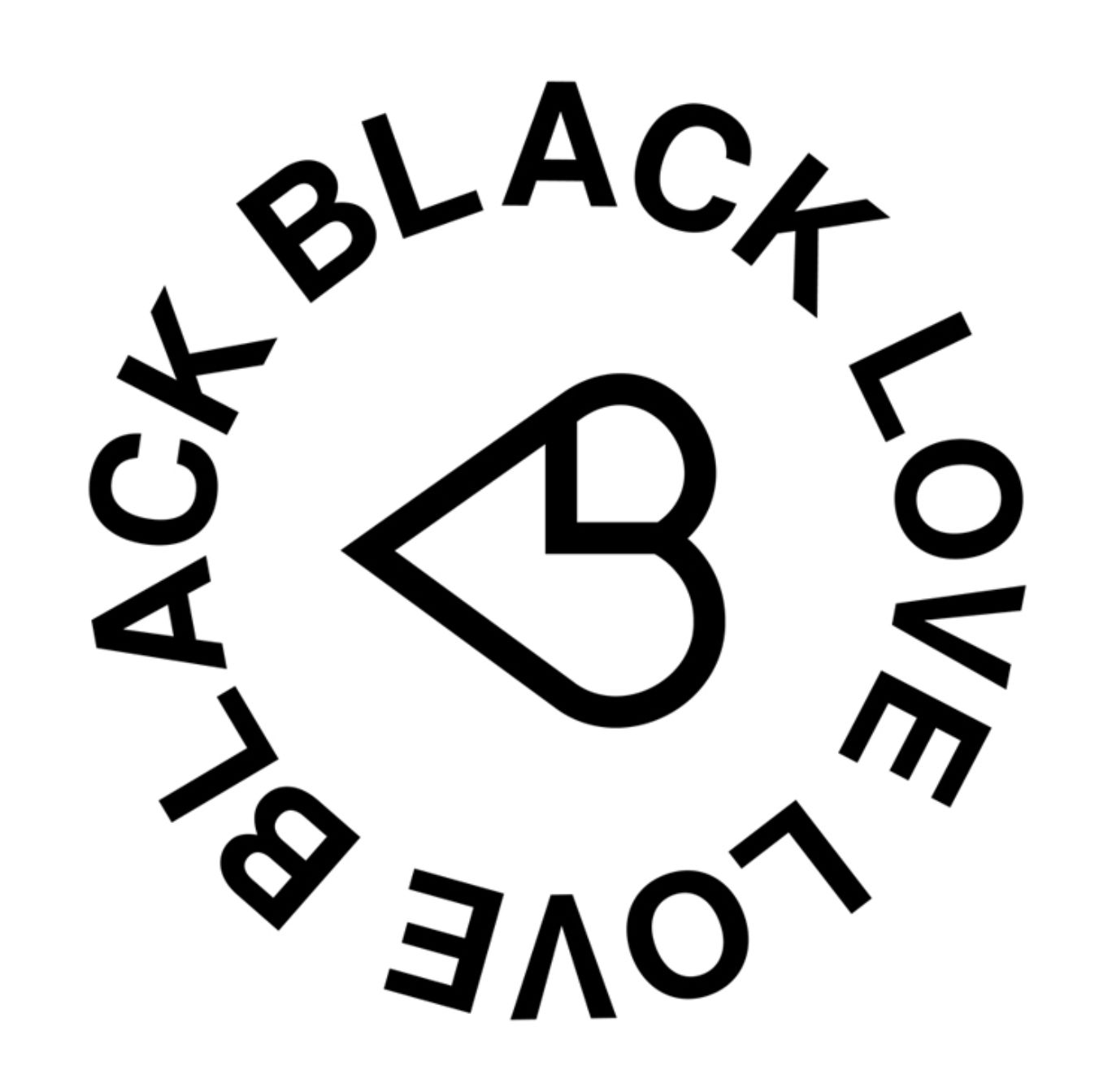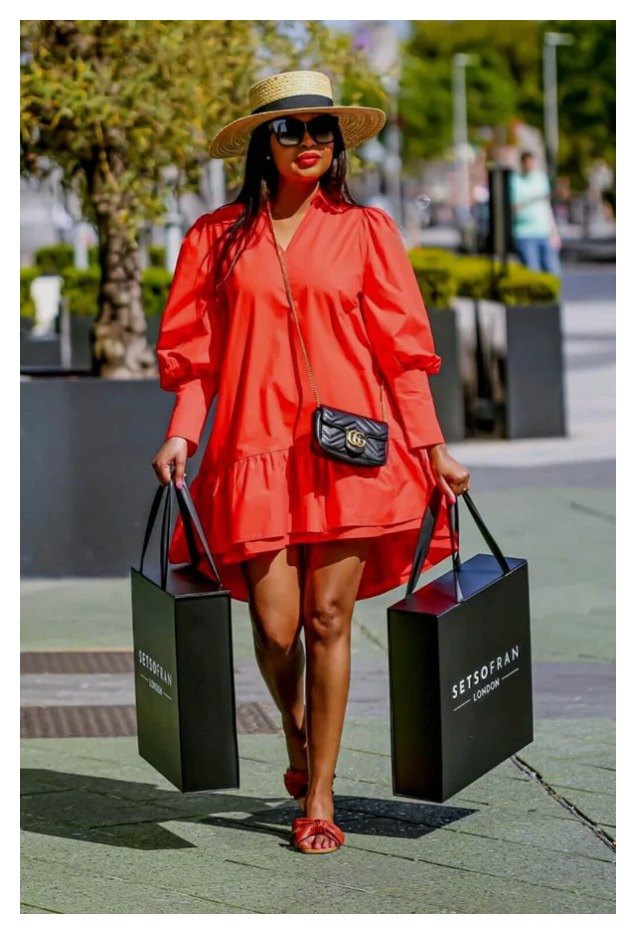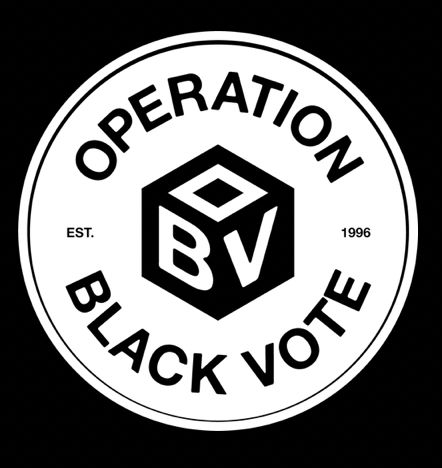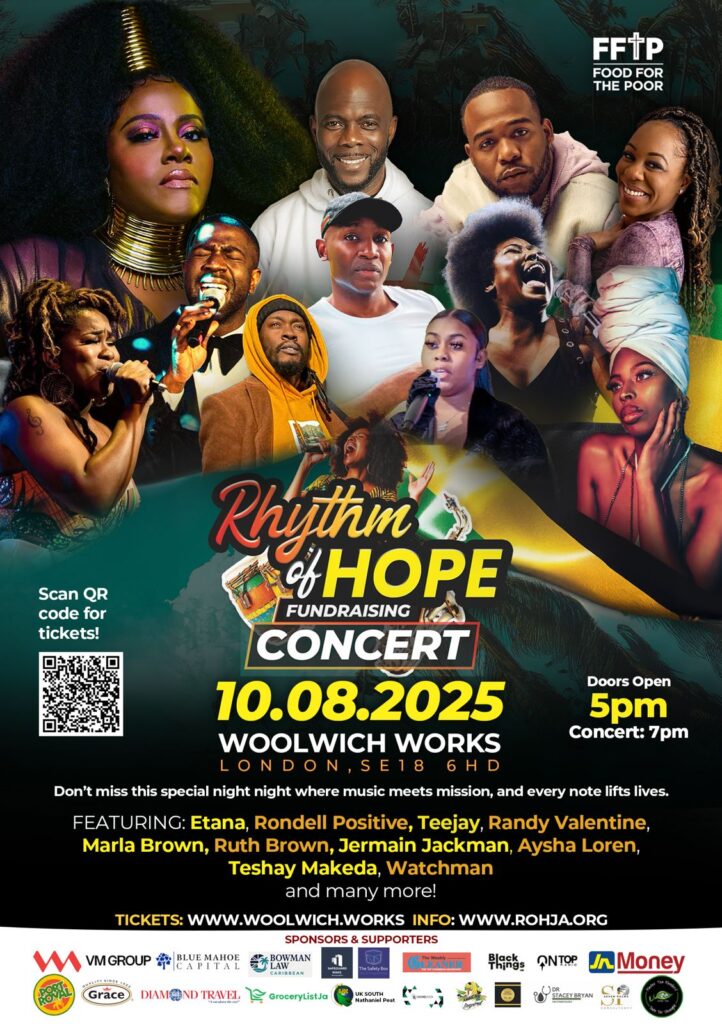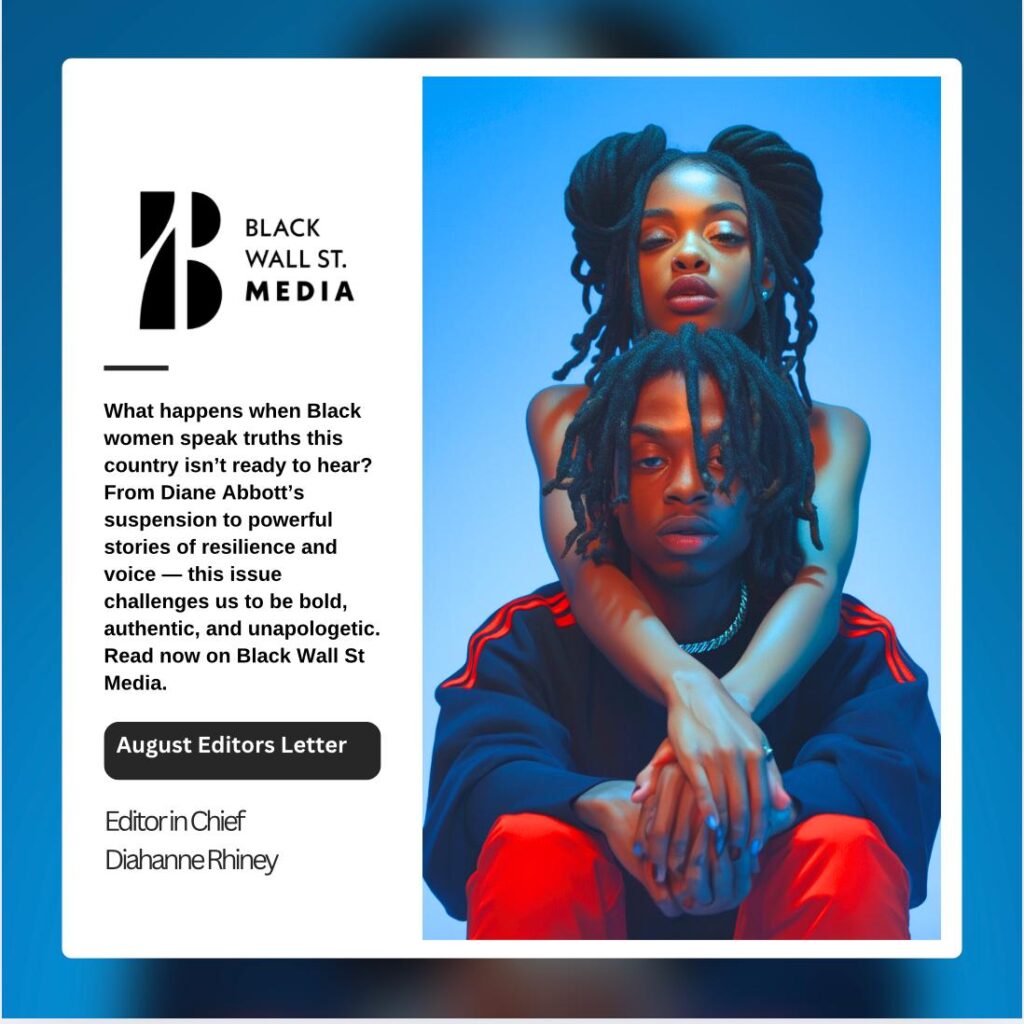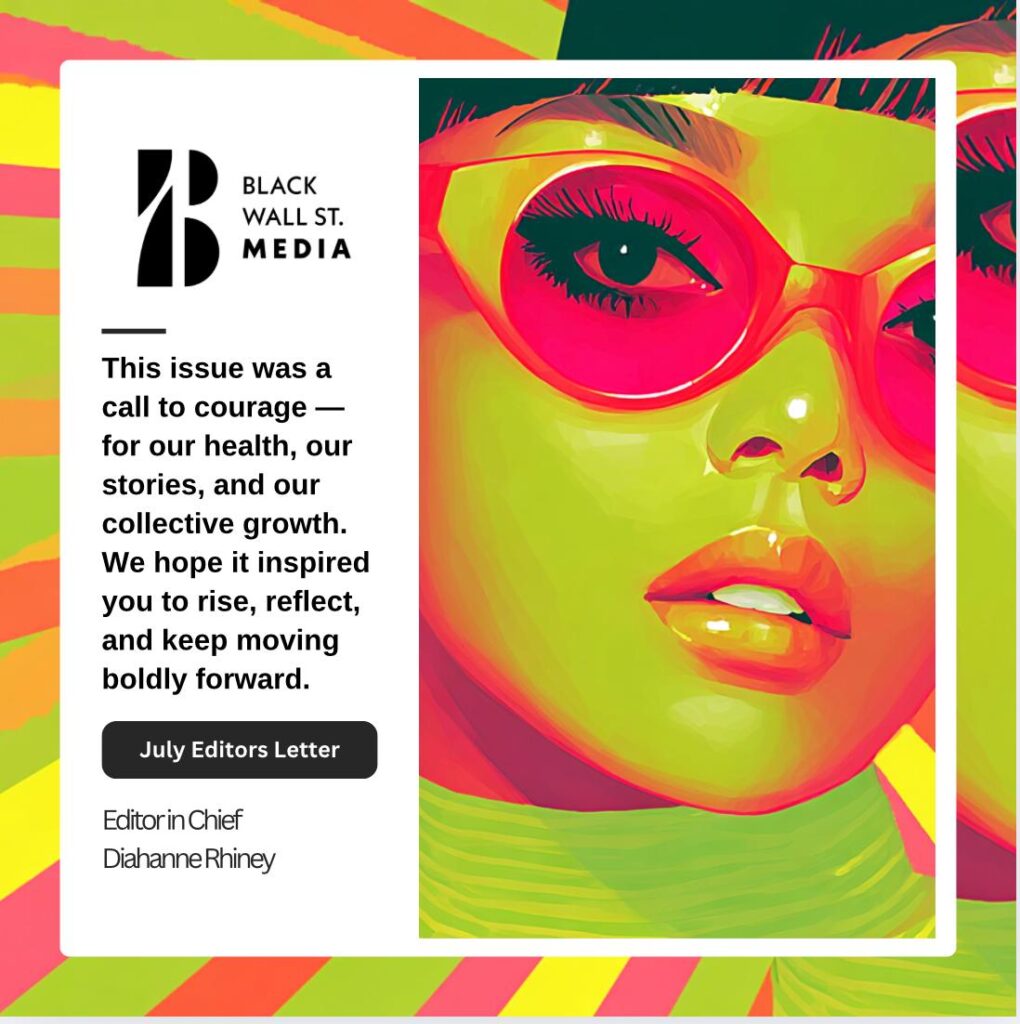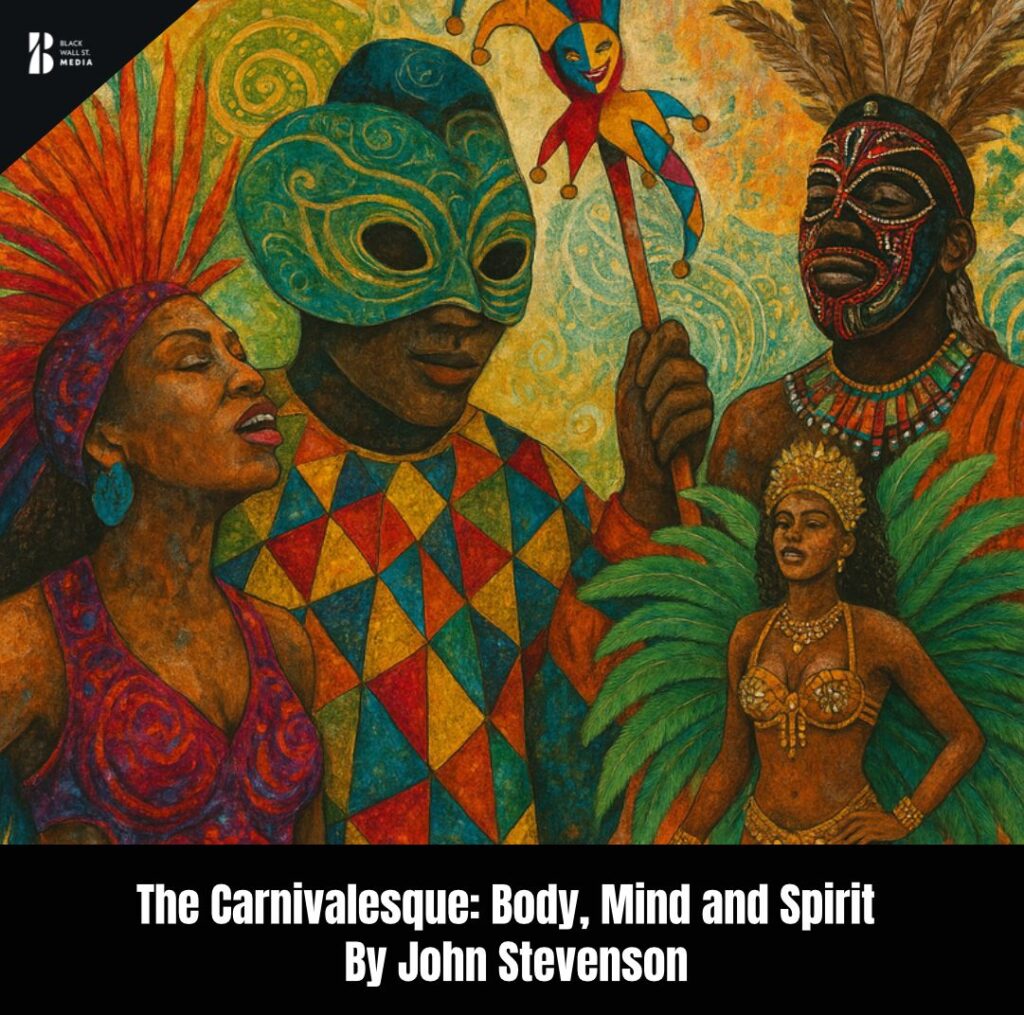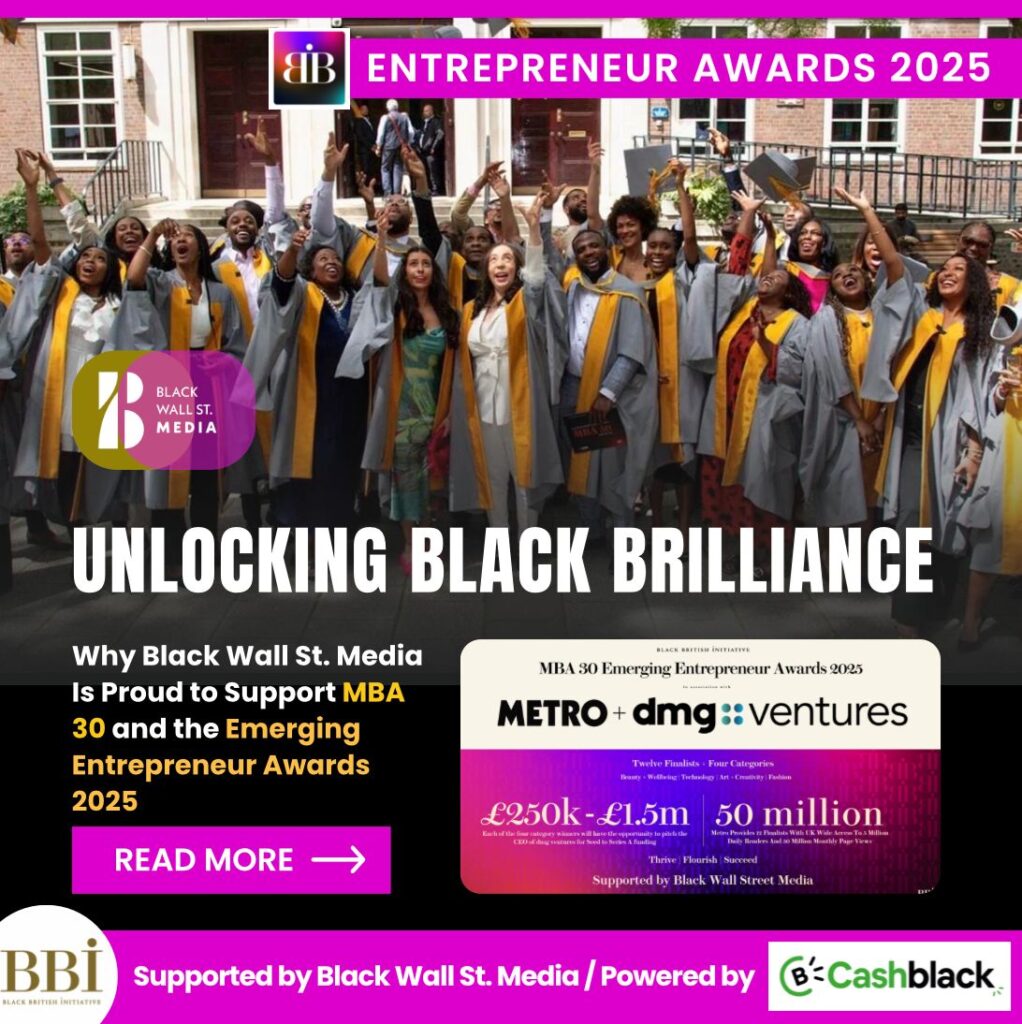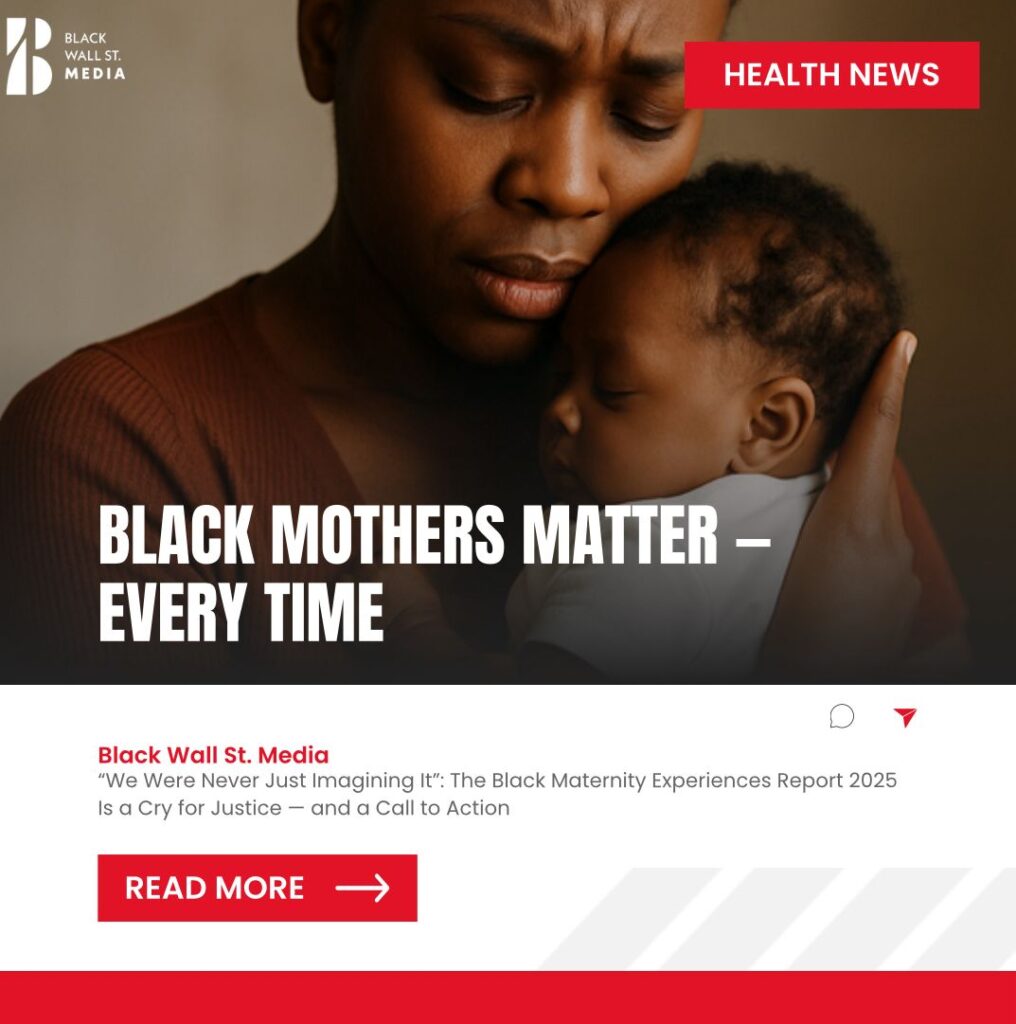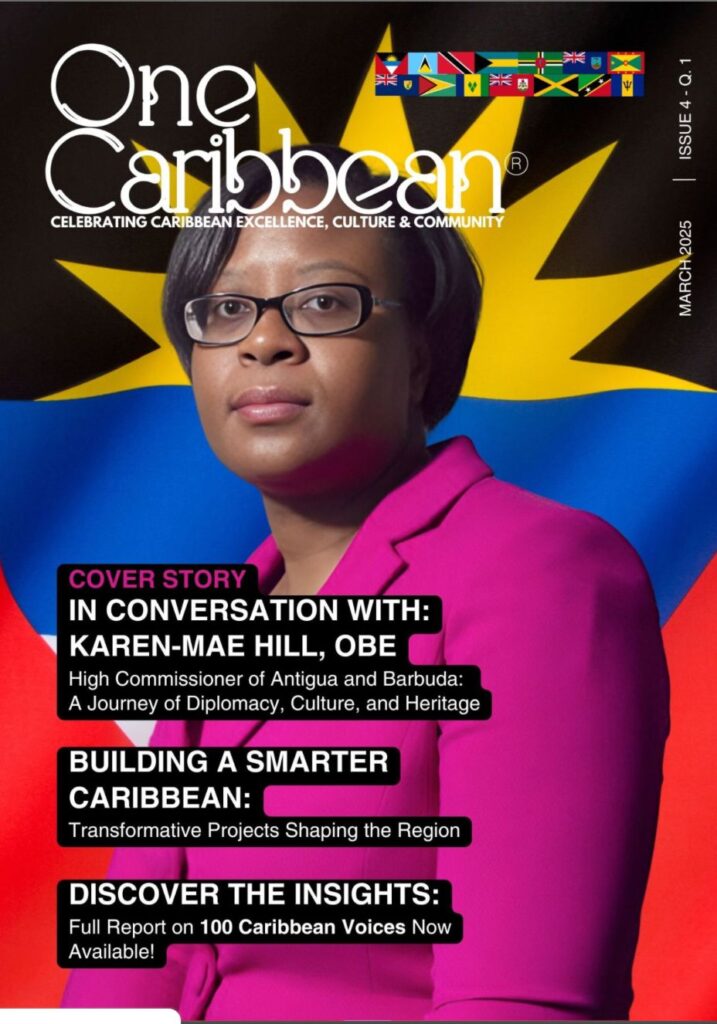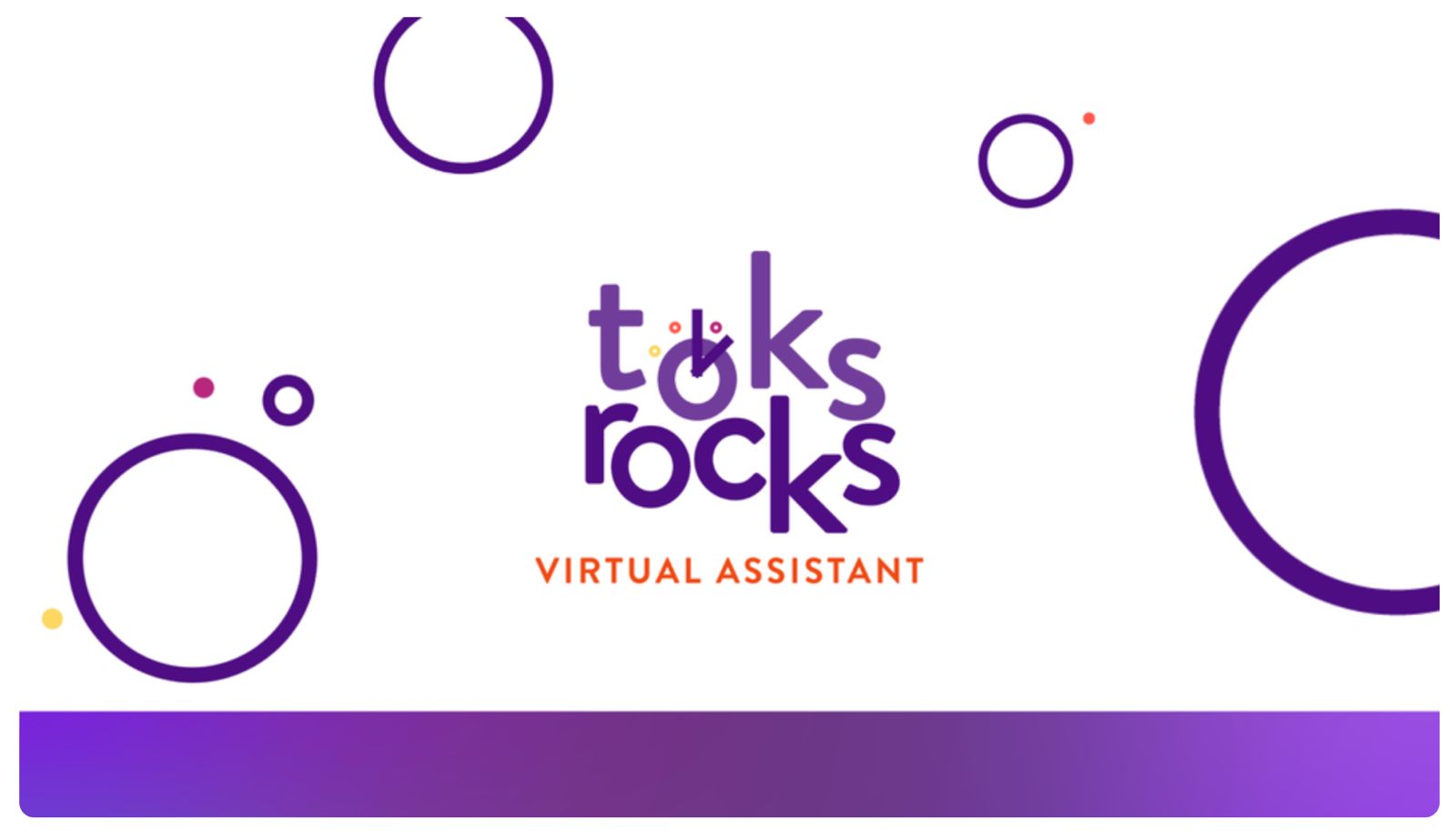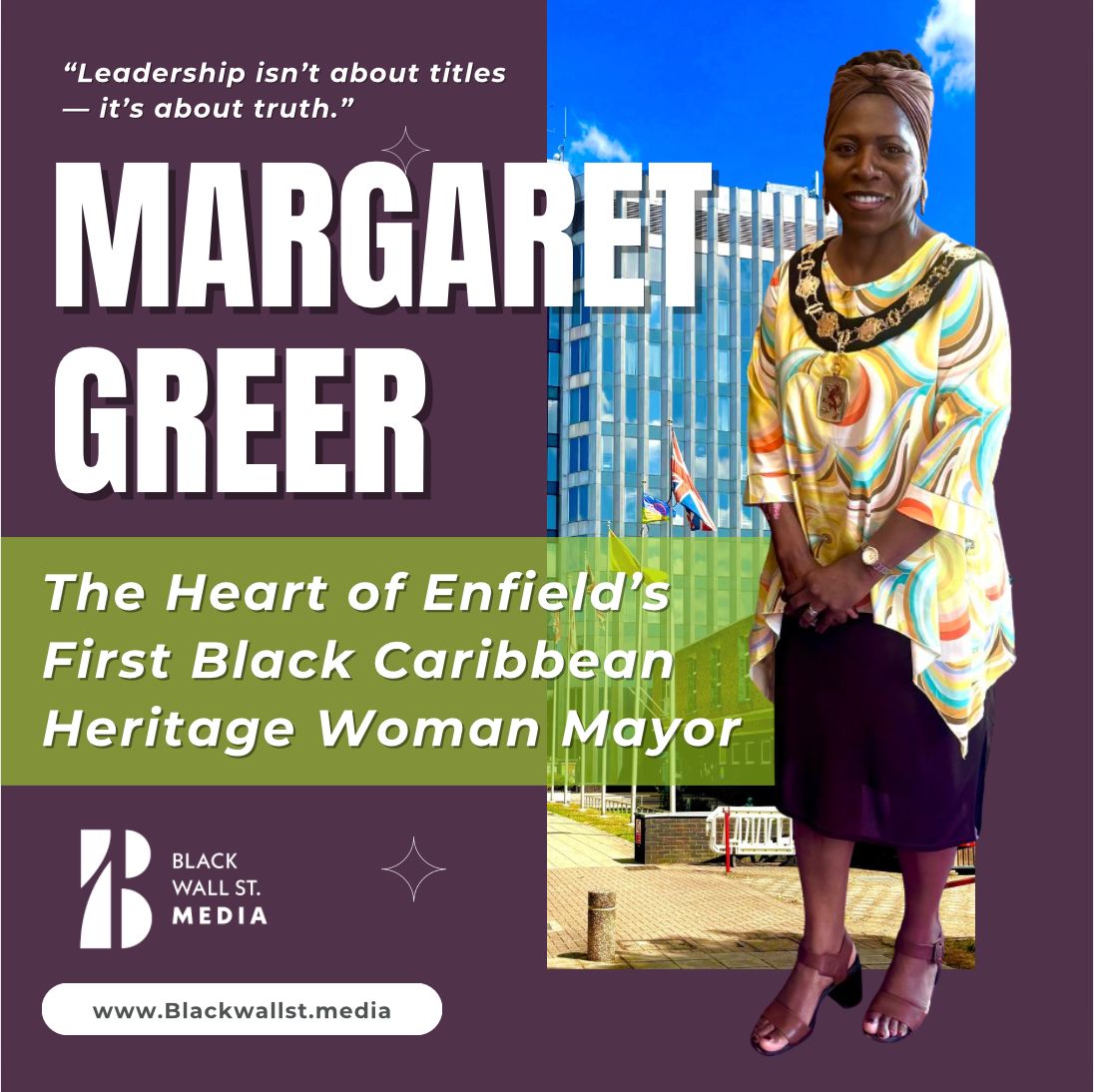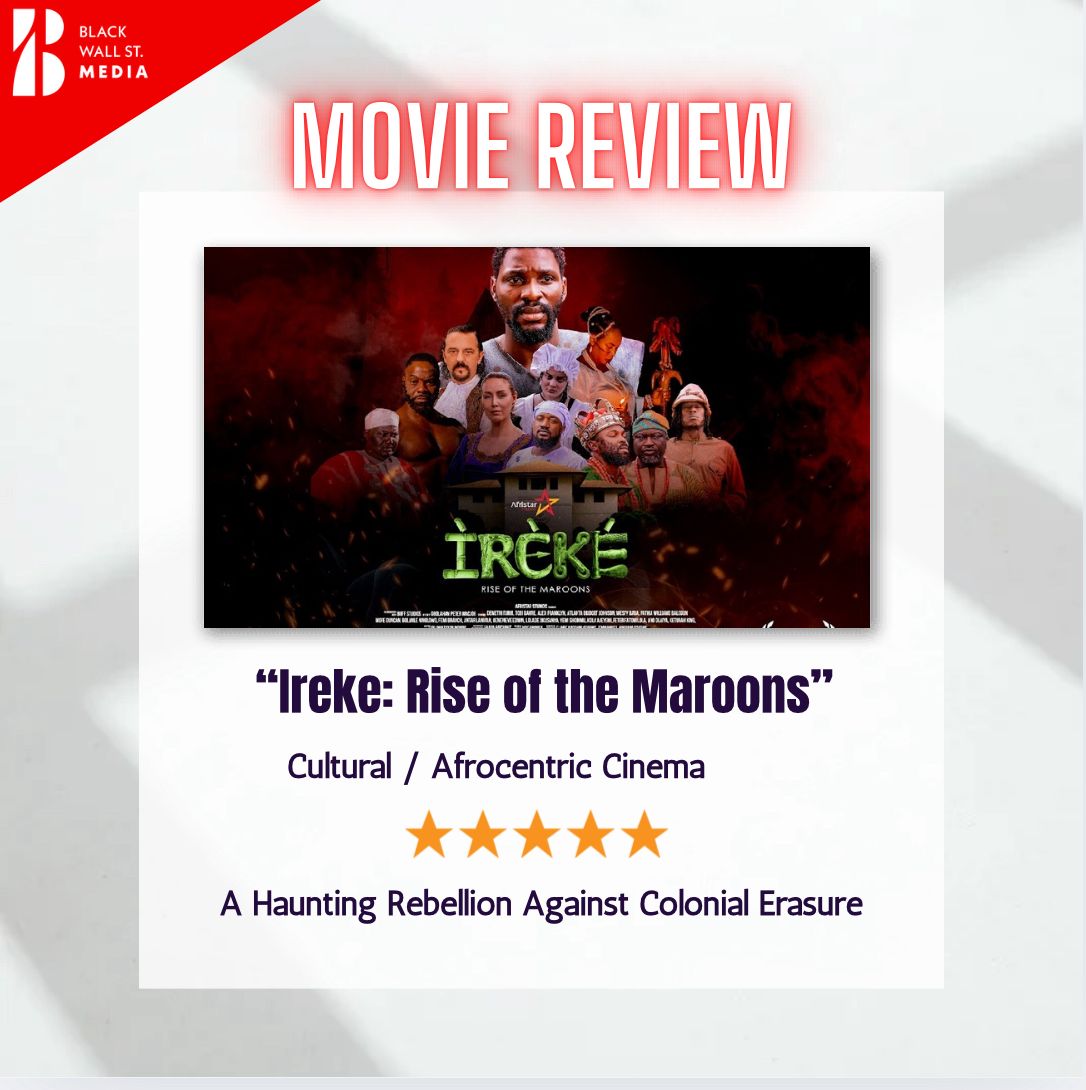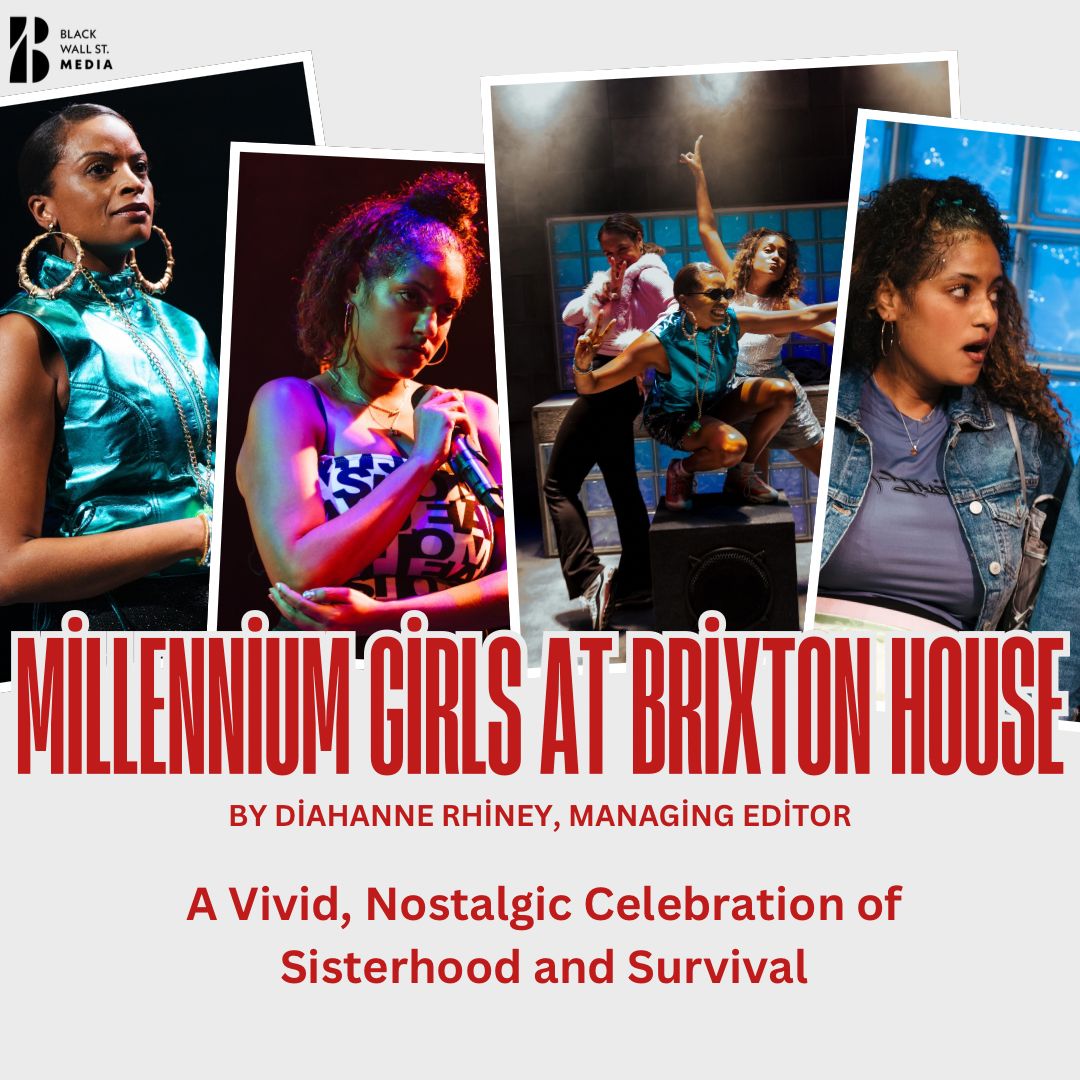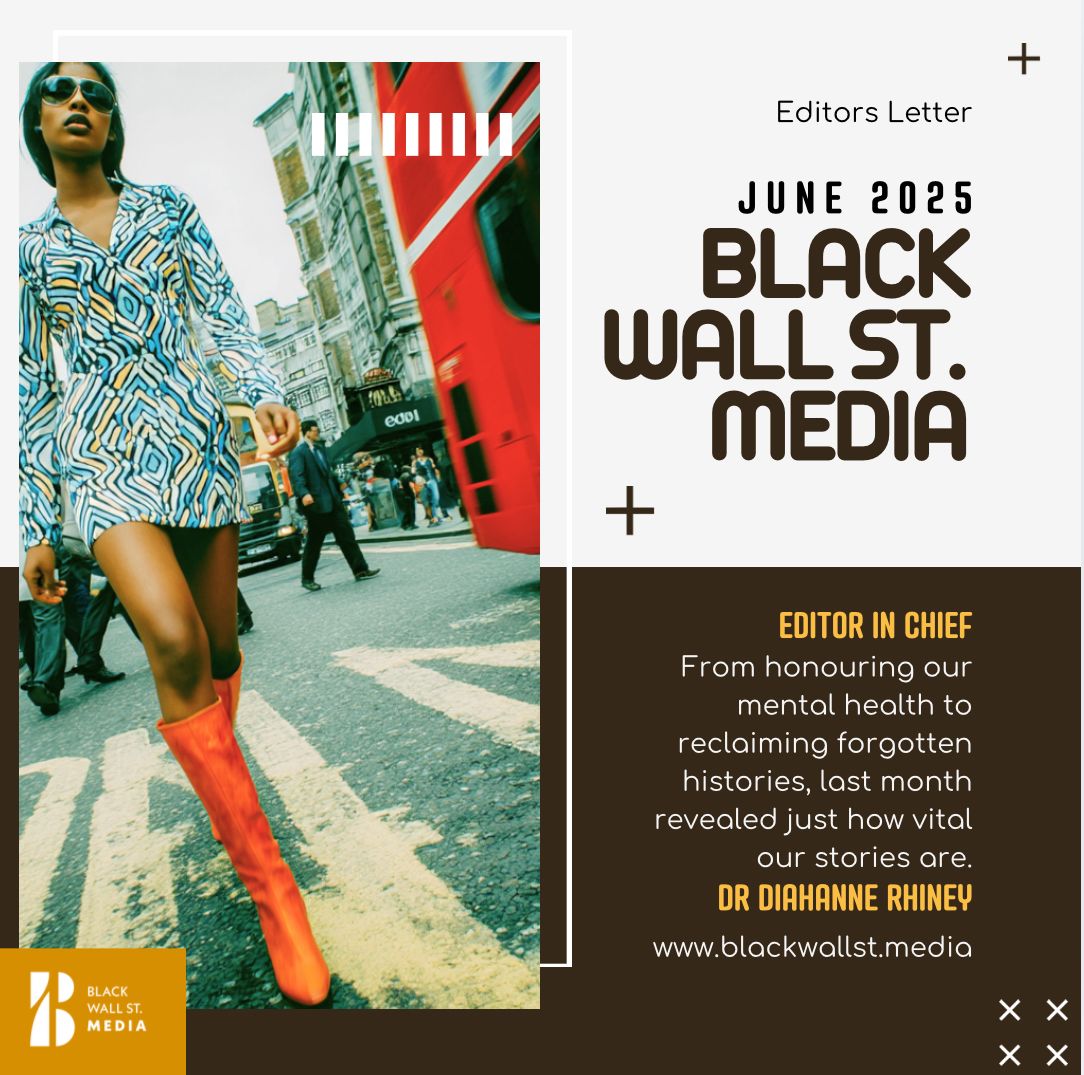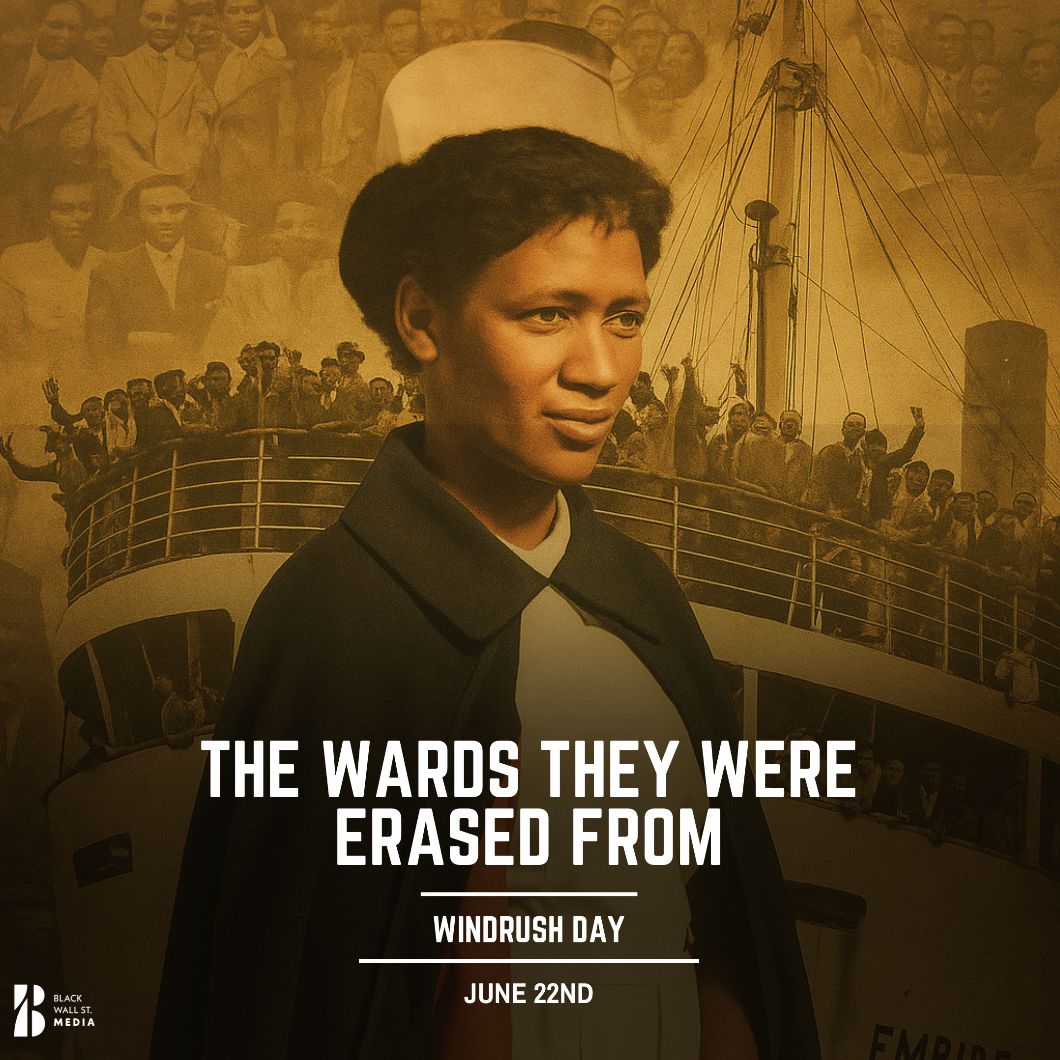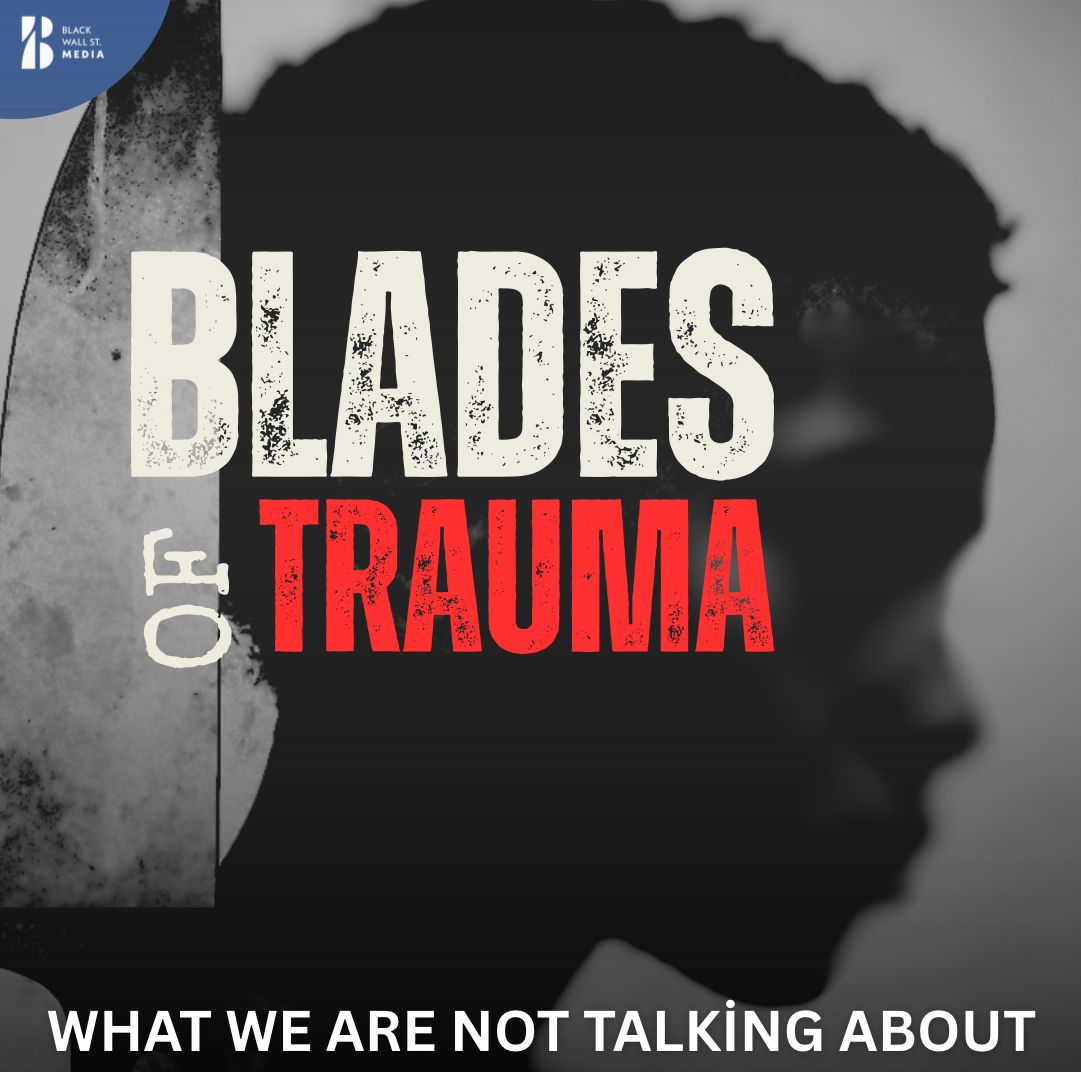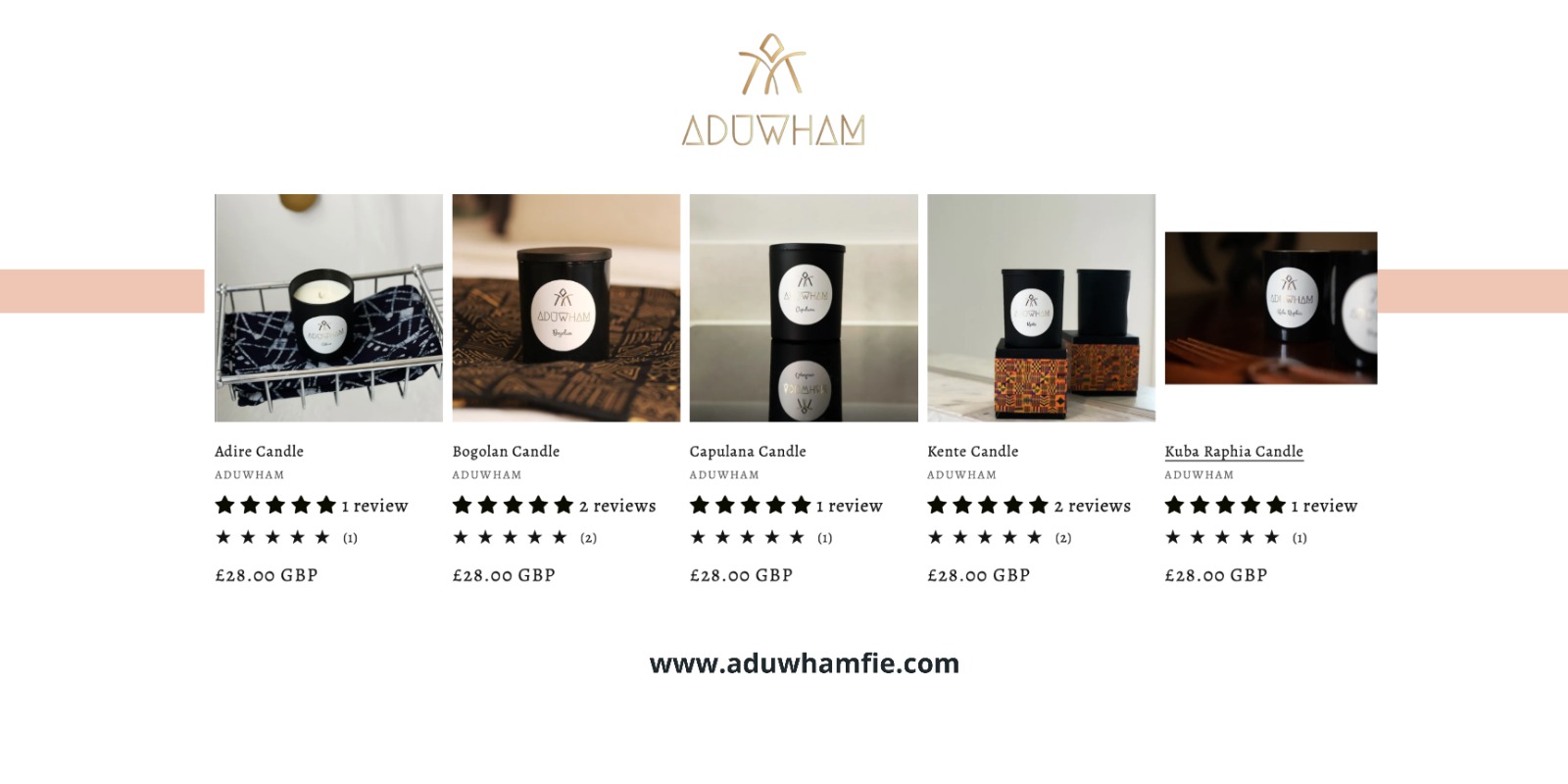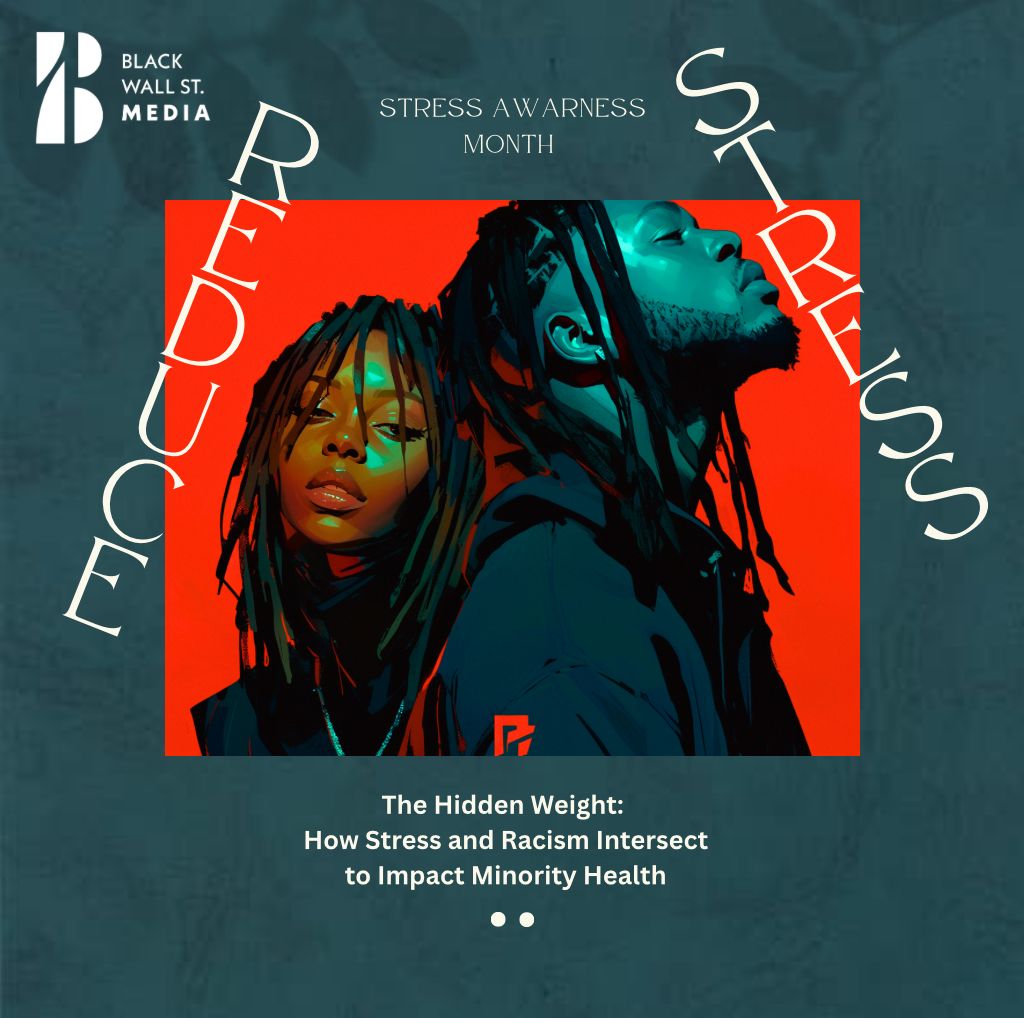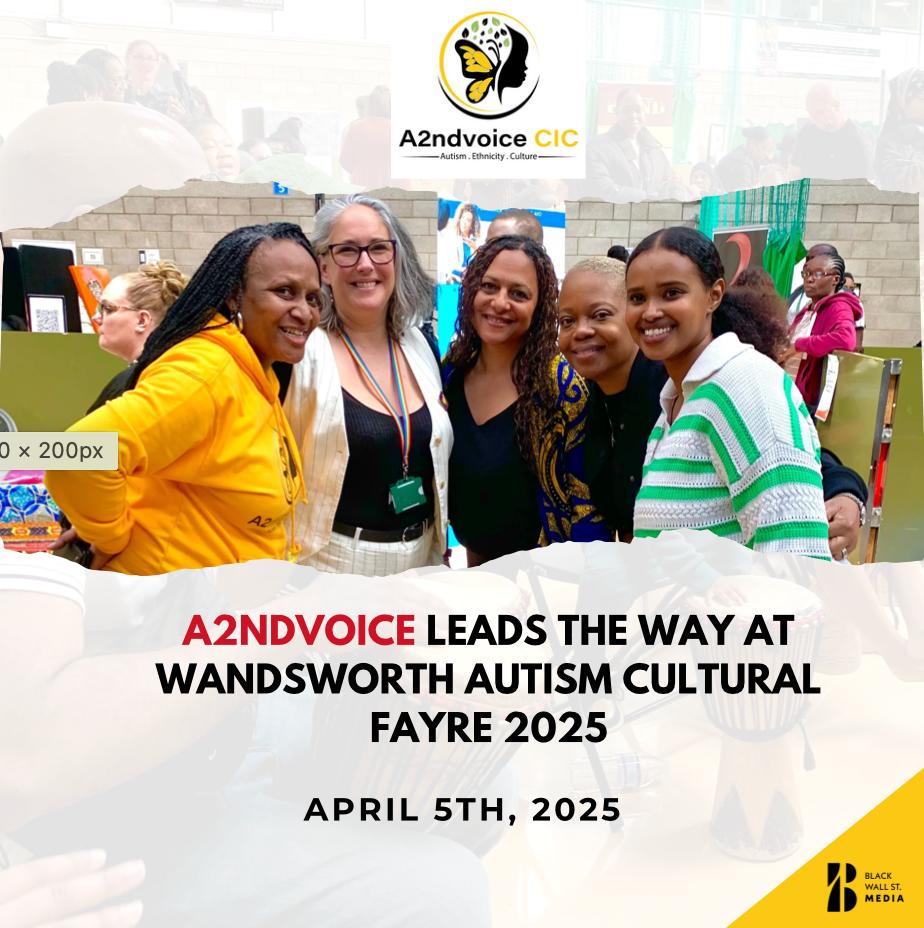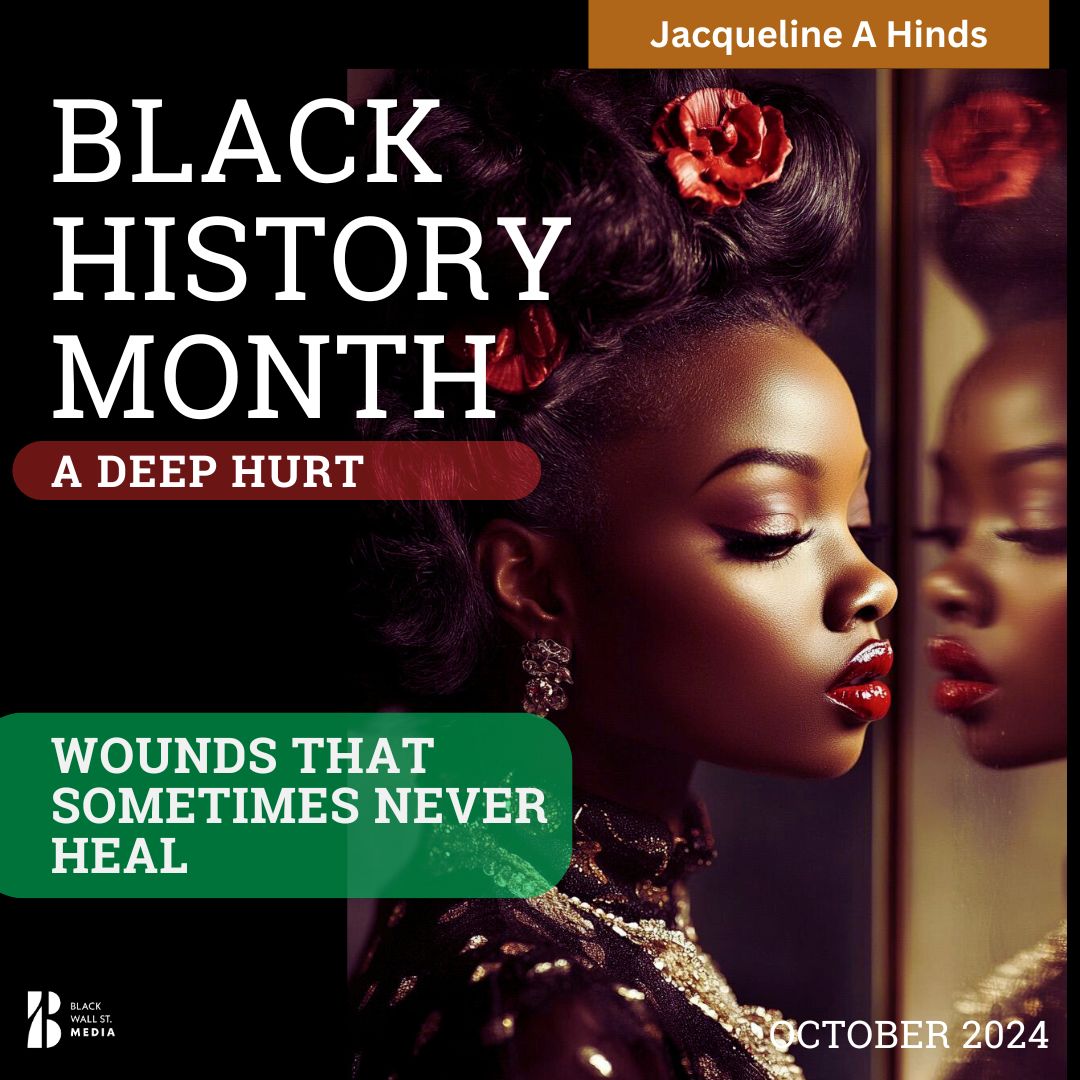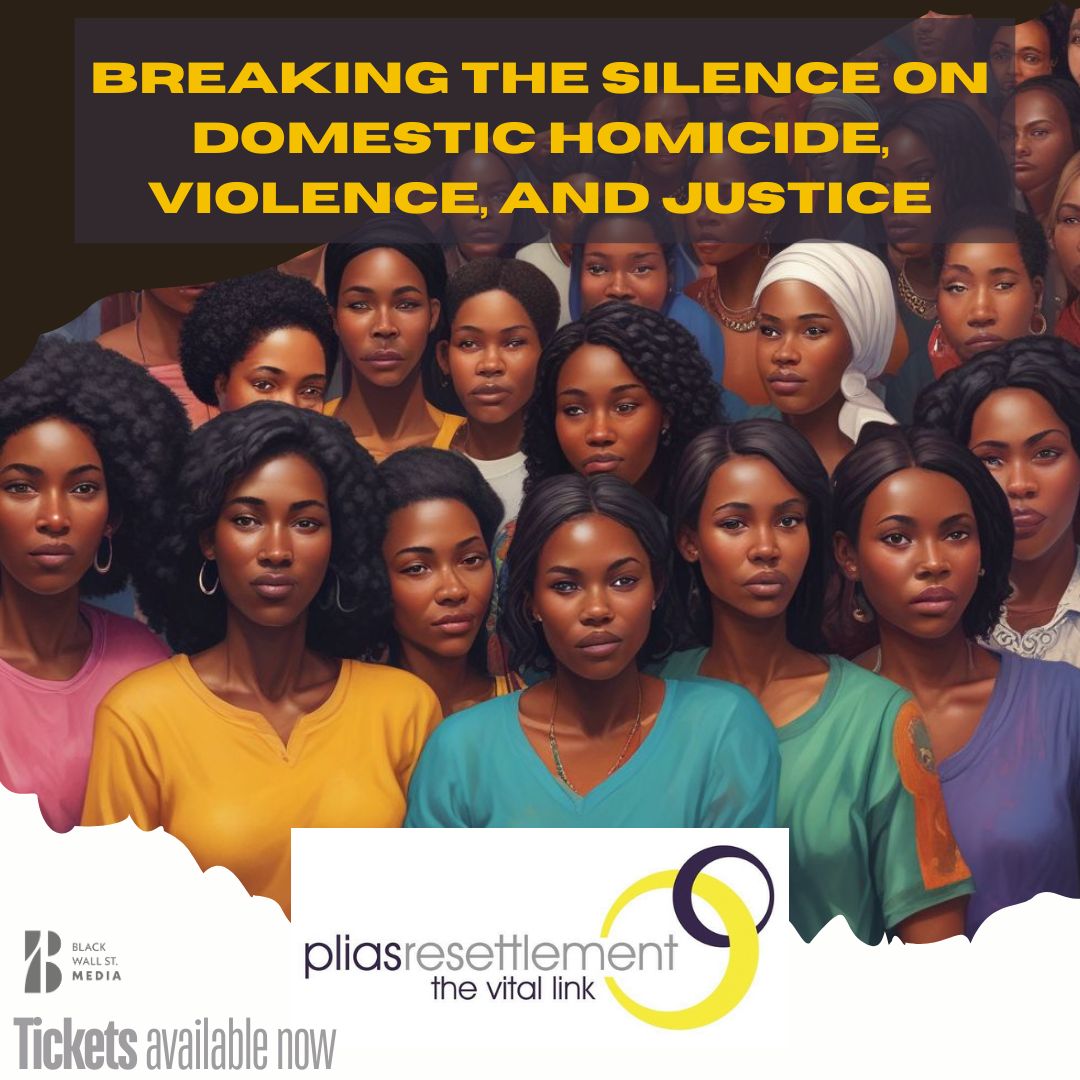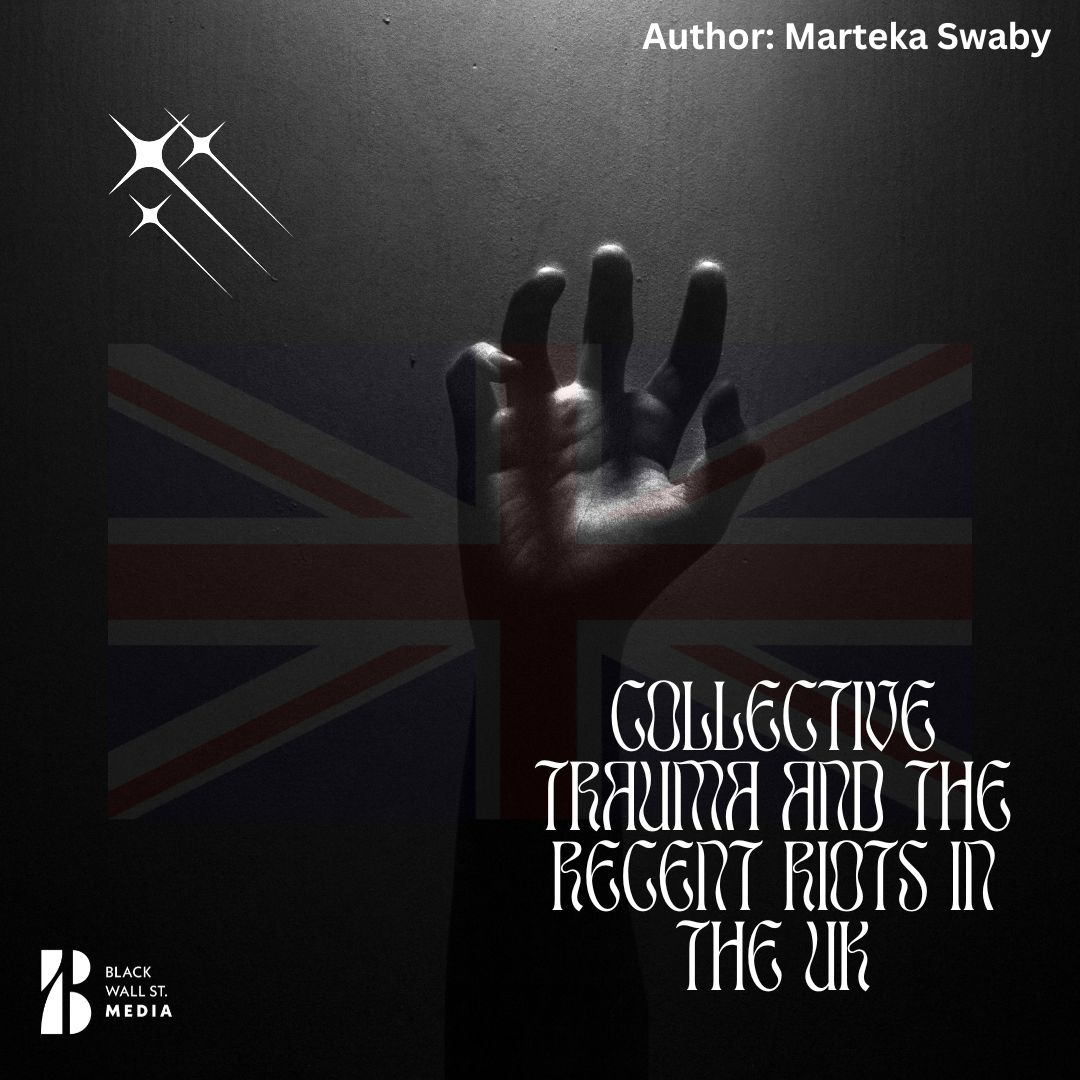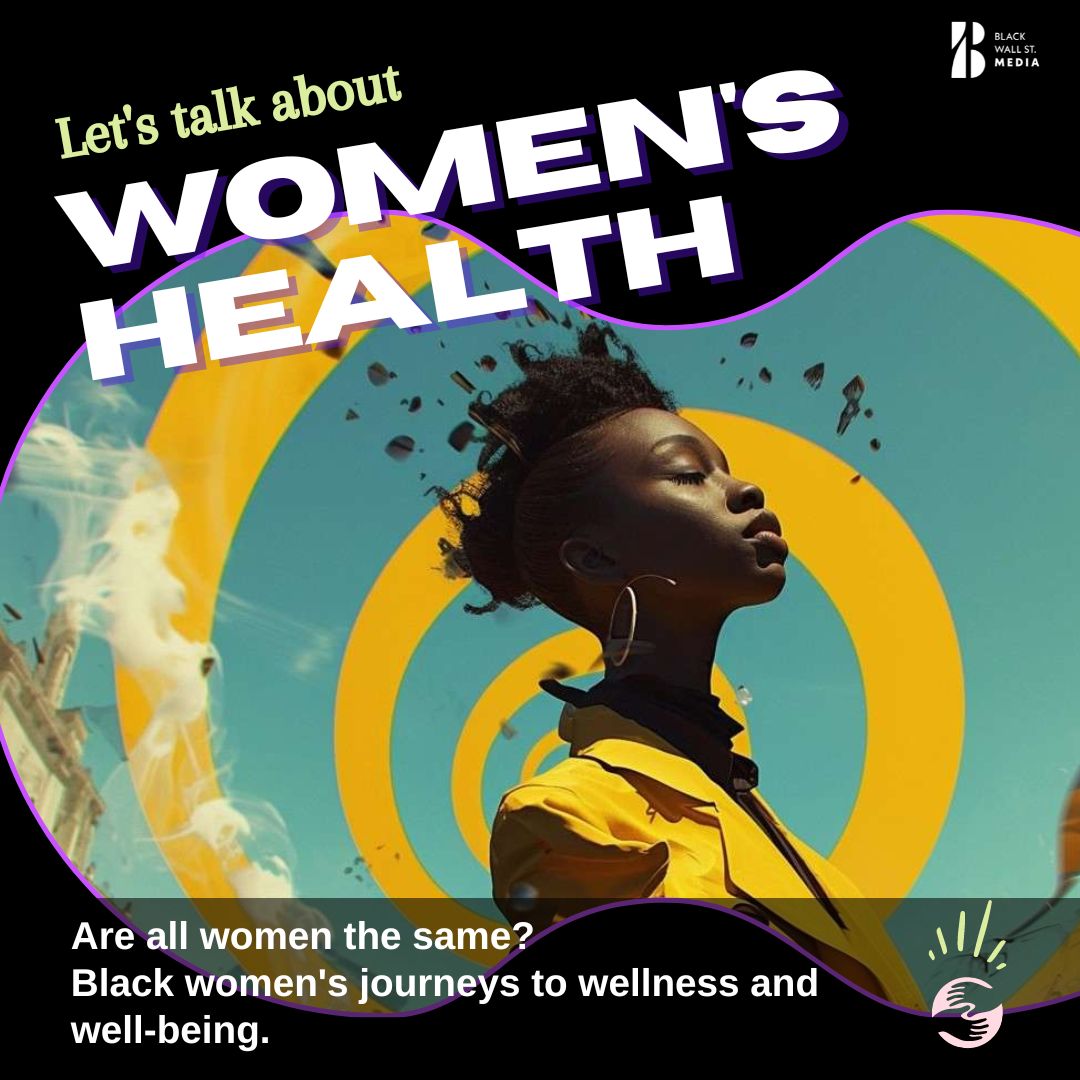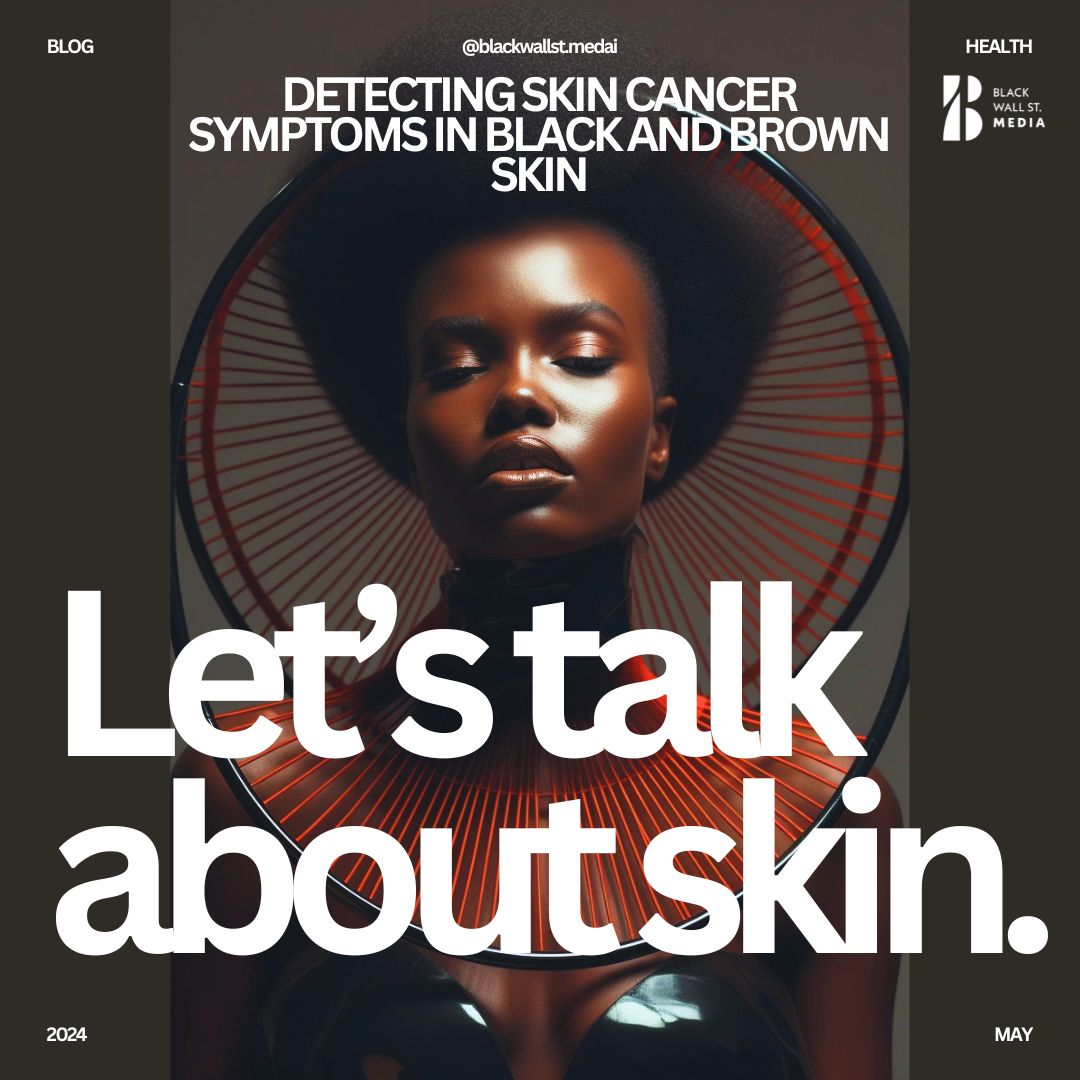Self-Care for Black Women
Weathering the Storm: The Silent Toll of Racism on Black Women's Health
“Black doesn't crack—or does it? Our melanin may bless us with youthful looks, but the reality is, racism is aging us from the inside out.”
DR Diahanne RhineyEditor - in - Chief
As black women, our experiences are ‘weathering’ us. It turns out, that black does crack.
Our melanin may make the ageing process kinder to us on the outside, but the racism was enduring throughout the diaspora means we are very much affected internally.
In 2020, the life expectancy in the U.S.A dropped by 1.5 years due to the COVID-19 pandemic. But the reduction wasn’t divided equally among the population; Black and Hispanic people lost an on average of 3 years, while white people lost 1.2 years. From heart disease to diabetes, birthing experiences and more, we’re all aware that we run the gamut. But why?
Public health researcher Arline Geronimus says the traditional belief that our disparities are due to genetics, diet and exercise don’t explain the data that’s accumulated over the years.
She makes the case that marginalized people suffer nearly constant stress from living with racism, which damages our bodies at a cellular level and leads to increasingly serious health problems over time.
Geronimus coined a term for this chronic stress ‘weathering’ which, she says, “literally wears down your heart, your arteries, your neuroendocrine systems, … all your body systems so that in effect, you become chronologically old at a young age.”
She says weathering is why Black women who give birth in their 20’s has more complications than those who give birth in their teens.
The older women had lived with the stress of micro and macroaggressions for longer, so they have suffered more damage to their health. Contrary to what they would have us believe, there’s nothing inherently wrong with Black people.
There is, however, something very, very wrong with the systems that we are forced to live under or within. Anyone of a marginalized background can suffer from weathering, but according to research, Black people persistently fall victim the most.
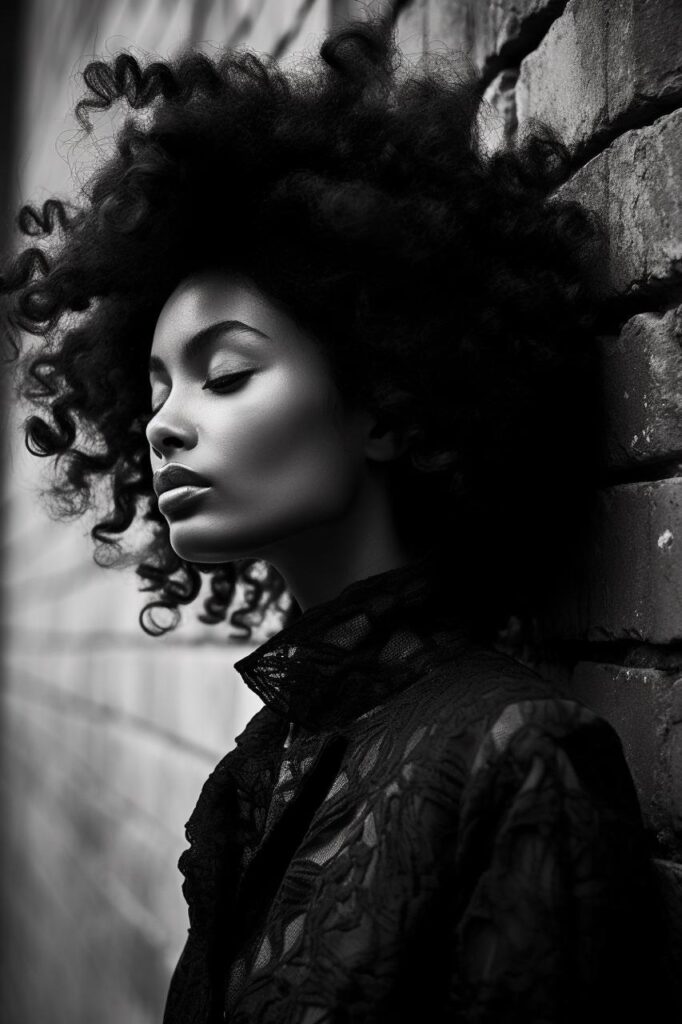
“We know that Black women are paid less than their white counterparts, are expected to work longer hours with fewer pay raises and are the most likely to be in unemployment lines when those rates increase. So, these types of discriminatory practices shape the types of visceral effects that happen to Black women’s bodies,” Jenn Jackson, assistant professor of political science.
To answer the question which is so often asked when I host my annual recognising women from diverse cultural backgrounds: ‘why do you need a specific platform or award ceremony just for black women?’ Weathering is why.
The constant lack of opportunity, support, recognition for black women across education and industries matters. If we just look at the past two months alone, it’s apparent why this is the case.
Not only do we have our own unique journeys, but we have the public events we’re exposed to. Just a few weeks ago the footage of a black woman being shot in the face was circulating social media.
How unbelievably traumatic for all of us and at a time when the killing of black women, or ‘Afrofemicide’ (coined by author Daniella Maison) is rife and contributes to us feeling unsafe.
Then, we had the U.K. race riots.
The violence was mostly aimed against Muslims, immigrants and the police after misinformation about a deadly knife attack on young girls spread online. But it turned into a wider threat that left the Black community shaken.
Videos circulated of groups of angry white men attacking people of colour across the country (one wielding a hedge trimmer running towards a Muslim couple in a petrol station and a group badly beating a Black man in the street) reminded us we are not safe.
I know plenty of men who weren’t afraid to face these men head on. It as women, we were worried about our children, our elderly and ourselves. As the riots spread across the country, the Black community took to social media.
This became a place to find out where violence may happen and warn their friends but also exposed them to racist hate and the same disinformation sources that sparked the disorder.
‘I’m not easily scared. But when a notification came through on my phone that groups of teens were planning attacks on black children in parks in my area, I felt sick to my stomach. Should I stay indoors? Should I take my toddler to the park? What if I can’t protect him? It was traumatic.’ Anon.
These events leave scars.

This idea of weathering is so important for us to talk about because it may seem covert when we are talking about micro aggressions, but there are multiple levels of stress that we live with every day that literally wears down our bodies.
That’s something we need to be aware of in how it factors into us developing other diseases and illnesses. We know that Black birthing women have a higher cortisol level that is 15% higher than their white peers.
Cortisol is the stress hormone that goes up when you are in a fight-or-flight response. The problem is that cortisol should not be consistently high.
As a community, we have to go through the stress of living in a racist society, our cortisol levels are consistently high.
That causes an increase in our heart rate, a stress on our heart, and an increase in blood pressure. This is why I place so much importance on therapy and investing in our peace. why I founded the global wellness and wellbeing platform aimed at black women and women of black heritage as our wellbeing journey is unique to us.
Spa days, meditation, beauty treatments, are no longer a luxury, they are a necessity. Money plays a part but meditating at home with a candle and a face mask and focusing on deep breathing once a day costs next to nothing and does more for our wellbeing than we realise.
By investing in our relaxation, we are keeping our cortisol levels low and in doing so, we may just be saving our own lives. It’s so important to be mindful of ‘weathering’.
We are not superwomen, the cracks are showing, and we must stand up and protect, nurture and love ourselves.
To be part of a community of black women discussing wellbeing and health, join me on myCaroline:

SECURE YOUR TICKETS NOW for the 2nd Spirit of the Caribbean Annual Ball & Black Honour Awards on Saturday, October 26, 2024, from 7.30 pm to 02.00 am.
The night features a reception, networking, and awards ceremony honouring those who have made significant impact within and beyond our community. Post-awards, prepare for live entertainment and dancing until 02:00 am. The event, a symbol of shared heritage, showcasing Caribbean Excellent.
Dress code is black tie.
Tickets can be purchased on Eventbrite (booking fees apply)
or from Event Connoisseurs: with no booking fee.
For more details, contact us at
enquiries@eventconnoisseurs.com

